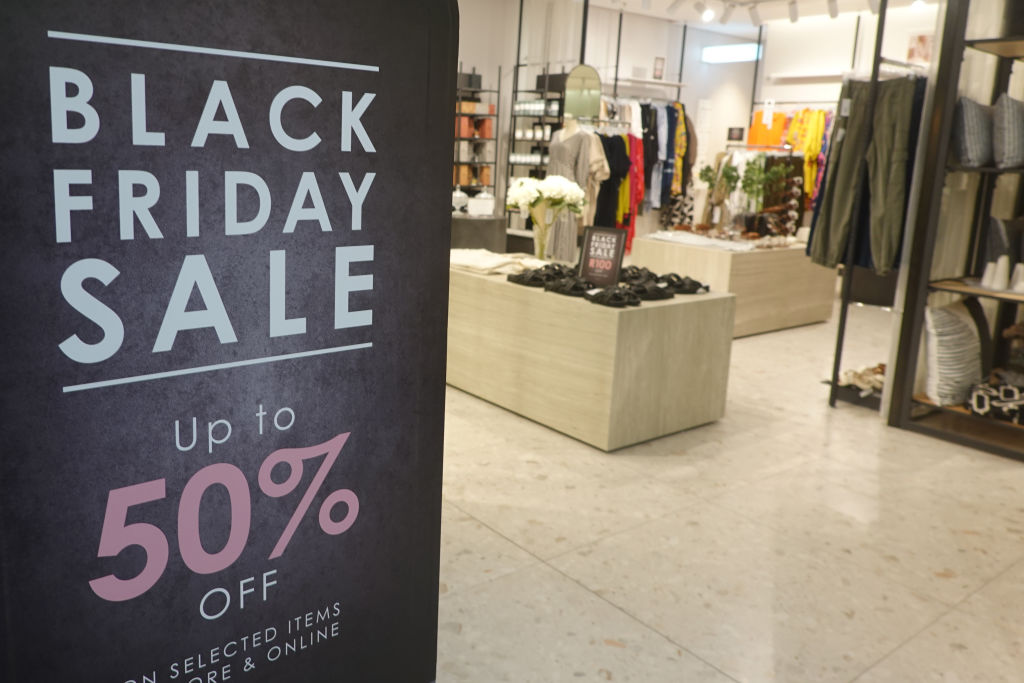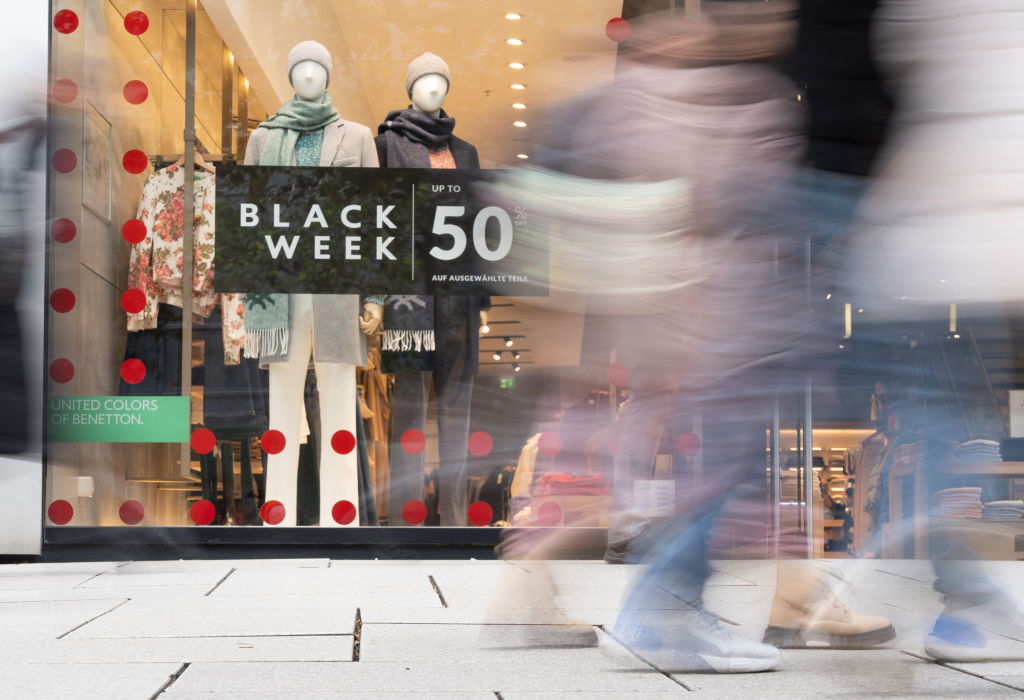Since its inception in 2014 – with Checkers (Shoprite Holdings) becoming the first official retailer to introduce Black Friday in South Africa – the appetite and uptake for what is arguably one of the biggest shopping days in the world has grown.
But consumers tend to amp up their spending on this day in particular, ahead of the festive season, which experts feel can be avoided.
“Black Friday is a great time to really set yourself up in some instances,” Ester Ochse, Product Head at FNB Integrated Advice, tells FORBES AFRICA. “But it’s also a very quick way to set yourself up to a very long January. If you do tend to overextend yourself at this moment in time, when are you going to pay the price? You’re going to pay the price after the festive season.”

Ulana van Biljon, Chief Operating Officer of Emira Property Fund, wrote in her thought leadership piece that the condensed festive season may actually lead to higher spending in January. “This year, fewer shopping days between Black Friday and Christmas Eve, could signal lower sales over the festive period, even with a surge in shopping as consumers scramble to make purchases,” van Biljon said.
To curb this, Ochse recommends that shoppers plan by budgeting their purchases to ensure they do not find themselves in any debt.
Loading...
“Before you even think about buying anything, set up a discretionary budget on how much you want to spend for Black Friday.”
Furthermore, Ochse recommends that although the festive season is a great time to pick up bargains, make a list during this time as well and avoid just walking around the shopping aisles “aimlessly” as there will be temptations to “just buy.”
However, extended campaigns may actually work in consumers’ favor, according to van Biljon, which could allow for them to “feel more secure in their purchasing decisions as they have longer to evaluate deals and sales”.
FNB’s stats have shown that the major purchases consumers make during Black Friday are groceries (specifically non-perishables), clothing, home buys (such as for home improvements) and travel. What is a surprise for Ochse, however, is how people budget their Black Friday money for medical bills.
“Medical, interestingly enough, is a category that’s come up. I’m not quite sure if there are some doctors running specials out there.”
Limit chances for fraud
The key ‘do’ for Black Friday is for consumers to continue to rely on digital payments as opposed to using their actual cards. This will ensure cyber-criminals have less access to fraud.
“This shift towards digital payment technology is crucial during events such as Black Friday,” Norman Nyawo, the Head of Merchant Solutions for Business and Commercial Banking at Standard Bank South Africa, says in a statement. “When long queues and transaction delays can make or break sales success.”
“Virtual cards are vitally important,” Ochse adds. “The reason why you want to use virtual cards – and there’s been a significant uptake in this – is you want to make sure that by using it, you’re protecting yourself. Because as much as we think it’s a great time to go out and do some extra shopping, the scammers and the fraudsters are out there as well, and by using things like your virtual card, you’ve got that little bit of an extra protection and layer as well.”
It’s all about smart planning and doing the math, so if the discount is not that significant, it is not a bargain. But it’s also about spotting the real deals and the scams that consumers just don’t see coming.
“For instance, a very popular outdoor warehouse store [stated that they] now suddenly having things like 90% off,” Ochse said. “Now you know that a store in South Africa will not do 90% off, and if you click through – not that I am encouraging anyone to click through – what happens is it takes you to a sort of duplicate site or scammer site.”
In the United States, where Black Friday reigns supreme, US Today reported that 131.7 million people (72%) shop on the day.
In South Africa, the stats are no different, as in 2024, a Capital Connect report found that retailers in could generate ZAR22 billion ($1.2 billion) in additional direct revenues due to Black Friday sales this year, as well as generate ZAR28 billion ($1.5 billion) in indirect economic impact. In this same period, the wholesale sector will gain additional sales of ZAR32.1 billion ($1.7 billion).
The study finds that consumer interest in Black Friday looks to be higher in 2024 than any of the past three years.
“Black Friday, obviously, as you know, is an American concept. It’s the first Friday after Thanksgiving there, so you can get up to 70%-80% off,” Ochse adds. “In South Africa, because we do everything [differently], we have made it a month-long thing because we already start getting Black Friday deals [from] the first week in November.
“But is it really good? You’re going to have to hunt for those bargains.”
Loading...
